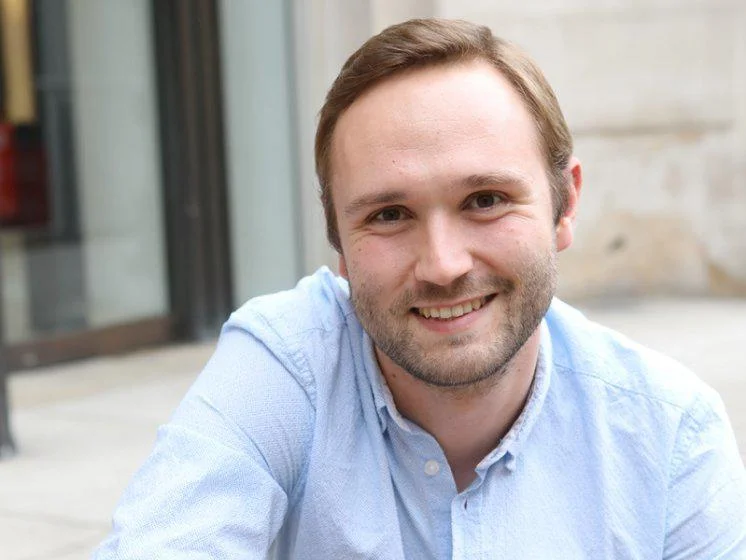Q&A with Max Gallien
Conducting research into informal economies in the Middle East and North Africa and the impact on local development
Max is studying for a PhD in the Department of International Development
LSE offers intensive security training, which I attended before my fieldwork, and which was a really useful course I’d highly recommend to anyone doing fieldwork in difficult environments.

What are you currently researching?
I am researching smuggling networks, particularly in Tunisia and Morocco. I am trying to understand the role that informal trade plays in the region’s political settlements, how it impacts local development, interacts with state structures, and how it will shape the future of North Africa.
Why did you choose this area of study?
What drew me to researching informal economies in the Middle East and North Africa is that they are so poorly understood and yet so important.
Half the labour force of the region is informal, the rights of informal workers played a huge role in the 2011 protests, and yet it’s rare to find any politician or economist in the region who can string together three sentences on the topic.
Informal economies are heavily stigmatised as well, especially smugglers – people design policy for (or against) them, based on stereotypes, hearsay, and the occasional racy newspaper article. This is where academic work should come in.
How will your research improve or have a wider impact on society?
If all goes well, it will help to improve our understanding of the complex economies of North African borderlands. As they have recently been sites of terrorist attacks, high unemployment, illegal migration and radicalisation, they are only looked at through a security angle. This can escalate the situation. My work tries to highlight some of the economic dynamics that have contributed to the current difficulties.
I also try to be a part of a research environment that critically examines the development approaches towards informal economies around the globe which make up more than half the global labour force.
What do you hope to do career-wise, long term?
I would like to be an activist academic – to have a research and teaching position, but also be able to contribute to public discourse and government policy on the issues that I care about.
Can you provide any advice to prospective students about the most effective way to approach research and keep stress levels down?
I don’t think there is a golden rule as people find very different strategies of how to approach research and stress.
For me, being passionately, academically and obsessively interested in things that do not at all relate to your academic work (like theatre, Bundesliga football, board game strategies) has always been a good pressure valve.
Also, read phdcomics.com.
What resources are available at LSE to help young researchers and how has this helped you?
I think the resources I have most relied on were the people around me – my supervisor, and everyone else in the PhD cohort in International Developmentand in Government.
The PhD Academy, both as a space, and as an institution, has also been a great resource.
LSE also offers intensive security training, which I attended before my fieldwork, and which was a really useful course I’d highly recommend to anyone doing fieldwork in difficult environments.
In a few words, what is the best thing about studying at LSE?
I get to work with some of the best people in my field, and amongst a bunch of fantastic young researchers.